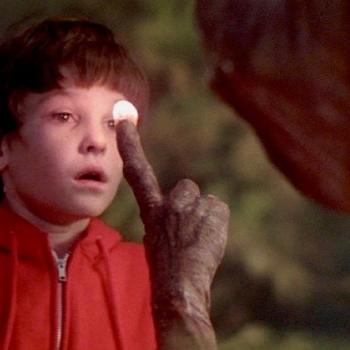
Faithful members of The Church of Jesus Christ of Latter-day Saints (or "Mormons" as they are often referred to) abstain from the consumption of alcohol (in any form or in any percentage)—though that has not always been the case.
The Temperance Movement
Between the late 18th and early 19th centuries, the abuse of alcohol was destroying families and the health of many Americans. “Alcoholism,” as we call it today, was nothing shy of an epidemic in the United States during that period. As a consequence, “Temperance Societies” were springing up everywhere in the U.S. in the 1830s—and this burgeoning problem with alcoholism likely caused the 28-year-old prophet Joseph Smith to think deeply about the problem at hand, and how it might be influencing members of the Church which he led. In response to his pondering and prayers, on February 27, 1833, Joseph Smith recorded his Spirit-born impression in the revelation today known as “Section 89” of the LDS Doctrine and Covenants.
The Salient Portion of the Revelation
While this revelation forbade the consumption of “wine or strong drink” (V:5), it also advised against the use of tobacco (V:8), “hot drinks”—specifically tea and coffee (V:9), and the consumption of too much meat (V:12-13). In addition, the revelation encouraged members to consume “wholesome herbs” (V:10), “fruits” (V:11) and “grains” (V:14).
The portion of the revelation discussing alcohol states: “That inasmuch as any man drinketh wine or strong drink among you, behold it is not good, neither meet in the sight of your Father, only in assembling yourselves together to offer up your sacraments before him. And, behold, this should be wine, yea, pure wine of the grape of the vine, of your own make. And, again, strong drinks are not for the belly…” (Doctrine and Covenants 89:5-7). In consequence of this revelation, members of the Church began to pull back on the consumption of alcohol—though they continued (for a time) to use it when administering the Sacrament of the Lord’s Supper. (In an earlier revelation, the Lord commanded the Saints, “you shall not purchase wine” for the Sacrament from “your enemies; Wherefore, you shall partake of none except it is made new among you”—D&C 27:3-4. That revelation came as a result of some, outside of the Church, seeking to poison members of the Church during an era of significant persecution. Thus, the members were commanded to make their own wine, or grape juice, to use for sacramental purposes.
What the Revelation Doesn’t Imply
It is not the position of The Church of Jesus Christ of Latter-day Saints that alcohol is inherently “evil,” or that God will withhold blessings here, or salvation in the next life, from any and all who drink. On the contrary, Latter-day Saints are well aware that individuals in the Bible—including Jesus—partook of alcohol (even though drinking to excess is often condemned therein—Prov. 20:1; Isa. 5:11; Lk. 21:34; Eph. 5:18; Gal 5:19-21, etc.). Thus, “The Word of Wisdom” is not believed to be some “make or break” rule that will inevitably damn the person who doesn’t fully live it. Indeed, Latter-day Saint Christians would be prone to cite the Apostle Paul’s words, “for where no law is, there is no transgression” (Romans 4:15. See also 2 Nephi 9:25). Thus, those who do not know of “The Word of Wisdom” will certainly not be judge by it.
So, why don’t members of The Church of Jesus Christ of Latter-day Saints (or “Mormons”) drink? Their revelation known as the World of Wisdom is the impetus behind their increasingly unique lifestyle. However, beyond the fact that they look at this as a commandment (for those who are members of the Church), they also see their “Stone-Cold Sober” lifestyle as exemplifying what their Church teaches them to be, it increases the likelihood that they will have better health and longevity, and they hold that their ability to be sensitive to God’s Holy Spirit and be guided by personal revelation will be dramatically increased as they seek to live in a way that enables them to hear what Elijah called the “still small voice” of God (1 Kings 19:11-12).
Read more about the Church of Jesus Christ of Latter day Saints and their beliefs here.
5/7/2022 12:21:13 PM








